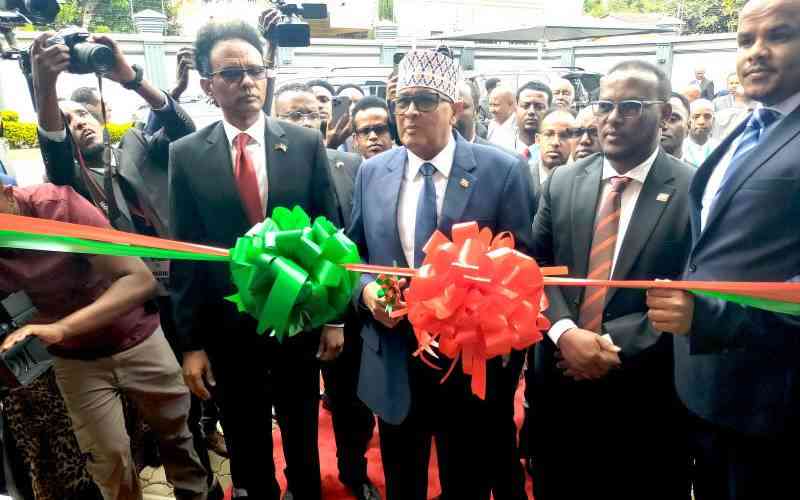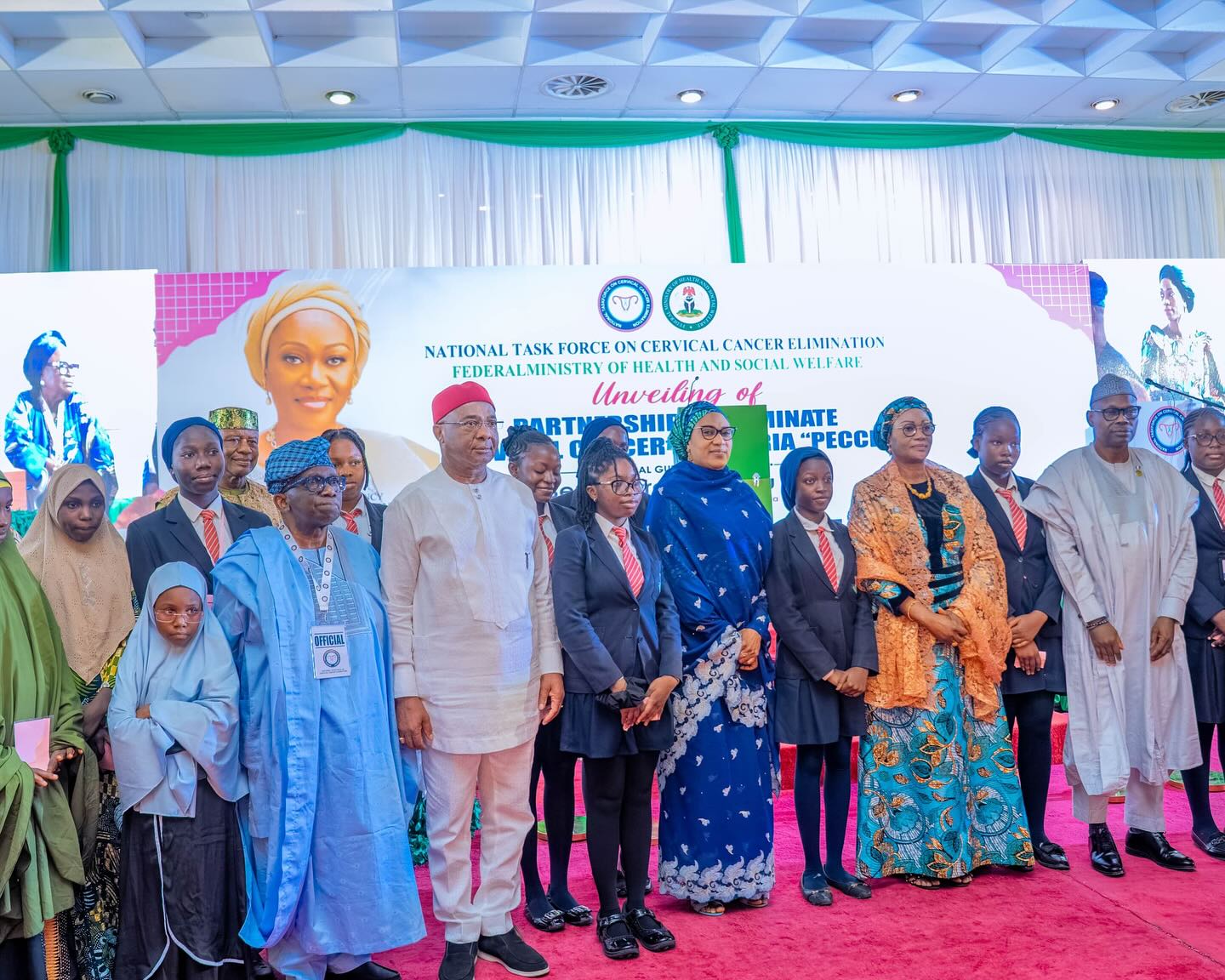Missing Africa's innovation moment? Geopolitical shifts could push Israel away
As global innovation hubs shift and new markets emerge, Sub-Saharan Africa is becoming a critical arena of opportunity.
By the end of this century, an estimated 40% of the world’s population will live inAfrica. This is not just a demographic trend; it is a geopolitical pivot. The only question is whether Israel will be there as a partner or left behind as an afterthought.
As global innovation hubs shift and new markets emerge, Sub-Saharan Africa is becoming a critical arena of opportunity.
With demographic momentum, rapid tech adoption, and bold economic ambitions, the continent is not merely catching up; it is setting the pace in areas that matter most. So, how do we seize this potential and align ourselves with the trends shaping tomorrow?
Sub-Saharan Africa offers one of the most significant opportunities of the 21st century. Its youthful, fast-growing population and urgent needs in agriculture, water, energy, and healthcare make it a natural fit forIsraeli innovation – solutions that can improve quality of life and accelerate development.
Yet Israeli engagement remains limited. Trade with Kenya, for example, one of Africa’s most vibrant economies, totals only tens of millions of dollars. By contrast, Kenya’s trade with the United Arab Emirates and the Netherlands, economies similar in size to Israel’s, reaches into the billions.
This is not only an economic gap; it is a moral one. Africa contributes little to global carbon emissions but bears the brunt of climate change, including droughts, flooding, and food insecurity. These are precisely the areas where Israeli technology could make a lasting impact.
Some ventures are already showing this potential. NOF, a company that developed a portable off-grid cooling solution for preserving agricultural produce, is helping reduce food loss in emerging markets. The company grew out of the Pears Challenge, a venture-building program hosted by the NURA Global Innovation Lab that supports Israeli entrepreneurs in developing scalable technologies that address real-world challenges in developing regions.
These efforts reflect a growing recognition in Israel that global development innovation must be grounded in a deep understanding of local realities. Real impact requires co-creating solutions with local communities, building long-term partnerships with ecosystem leaders, and designing products and business models tailored to actual needs on the ground. These partnerships aim to position Israeli climate tech within global efforts to address urgent challenges in agriculture, water, and infrastructure, especially in arid regions.








